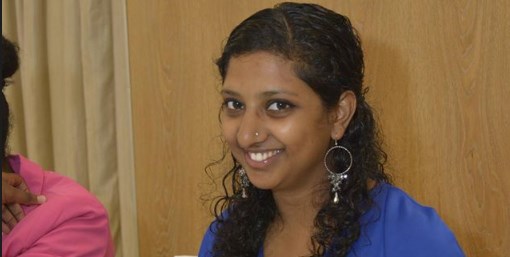Non-governmental organizations (NGOs) are major players in development aid today. Good governance is both a growing concept and concern in all institutions which is believed to be of major importance and should be applied at all levels of operation; be it strategic planning, accountability, administration and human resources. Knack and Keefer (2003) find that the quality of institutions is crucial to growth and development.
In order to better understand the importance and implementation of good governance in NGOs, it is a pre-requisite to acquaint oneself with the definitions of the two terms. Charnovitz (1997) posits that NGOs are groups of individuals organized for various reasons that engage human imagination and aspiration which are set up to advocate a particular cause or to carry out programs on the ground. Governance, on the other hand, is an inclusive term and involves formal institutions of decision-making. It can be regarded as constituting an aspect of good governance. It may be referred to as an aspiration or ambition, which assumes that the process of governing meets certain standards, as explained in the World Bank’s policy research working paper on Governance Indicators (Kaufmann and Kraay, 2008). Kaufmann et al. (2000) defines governance as the traditions and institutions that determine how authority is exercised in a country.
According to the presentation on “Good Governance in NGOs” by Mr.Dana Chengan, this concept brings significant contribution to the promotion of trust in the organization, improvement in the quality of decision making, the ability of weathering a crisis and ensures financial and resources stability. It also helps in the enhancement of service delivery and communication within the organization.
Good governance can be implemented in the system of NGOs by being in line with the 8 principles of the latter; that is, participation, following the rule of law, accountability, transparency, responsiveness, consensus, stragtegic vision and, effectiveness and efficiency.
All members should have a voice in decision-making that represent their interests. Such broad participation is built on freedom of association and speech, as well as capacities to participate constructively.
Legal frameworks should be fair and enforced impartially, particularly the laws on human rights.
- Transparency and Accountability
Transparency is built on the free flow of information. Processes, institutions and information are directly accessible to those concerned with them, and enough information is provided to understand and monitor them. NGOs should promote this concept especially when dissipating information about their decisions, decision making process, in their strategic planning and recruitment processes.
Good governance mediates differing interests to reach a broad consensus on what is in the best interests of the group and, where possible, on policies and procedures.
- Effectiveness and efficiency
Processes and the institution should produce results that meet needs while making the best use of resources.
Leaders and the public have a broad and long-term perspective on good governance and human development, along with a sense of what is needed for such development. There is also an understanding of the historical, cultural and social complexities in which that perspective is grounded.
Simply put, the implementation of good governance in any institution, whether it is an international NGO or a national NGO one, can only be possible if these eight principles are adhered to. However, it is worth noting that there are both internal conflicts and external factors that may influence the correct procedures of implementing good governance in any institution.
















